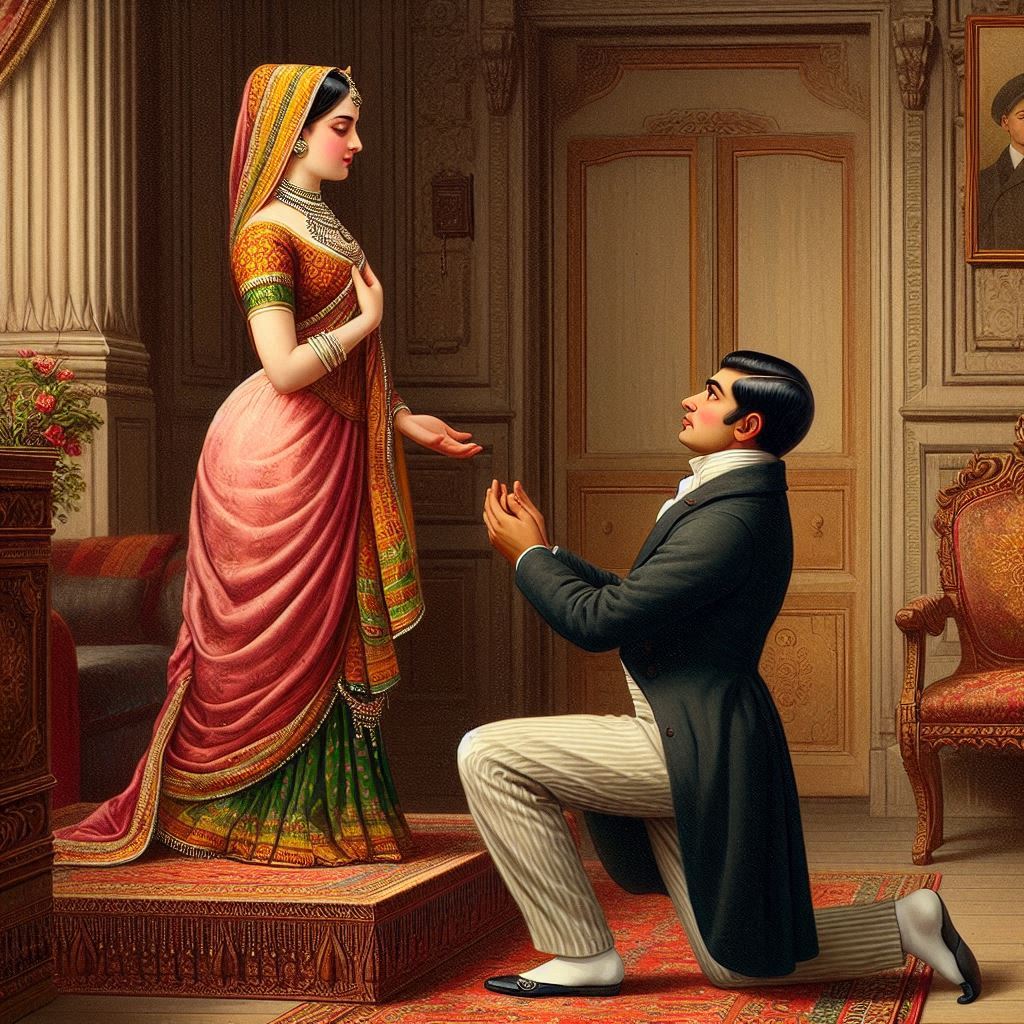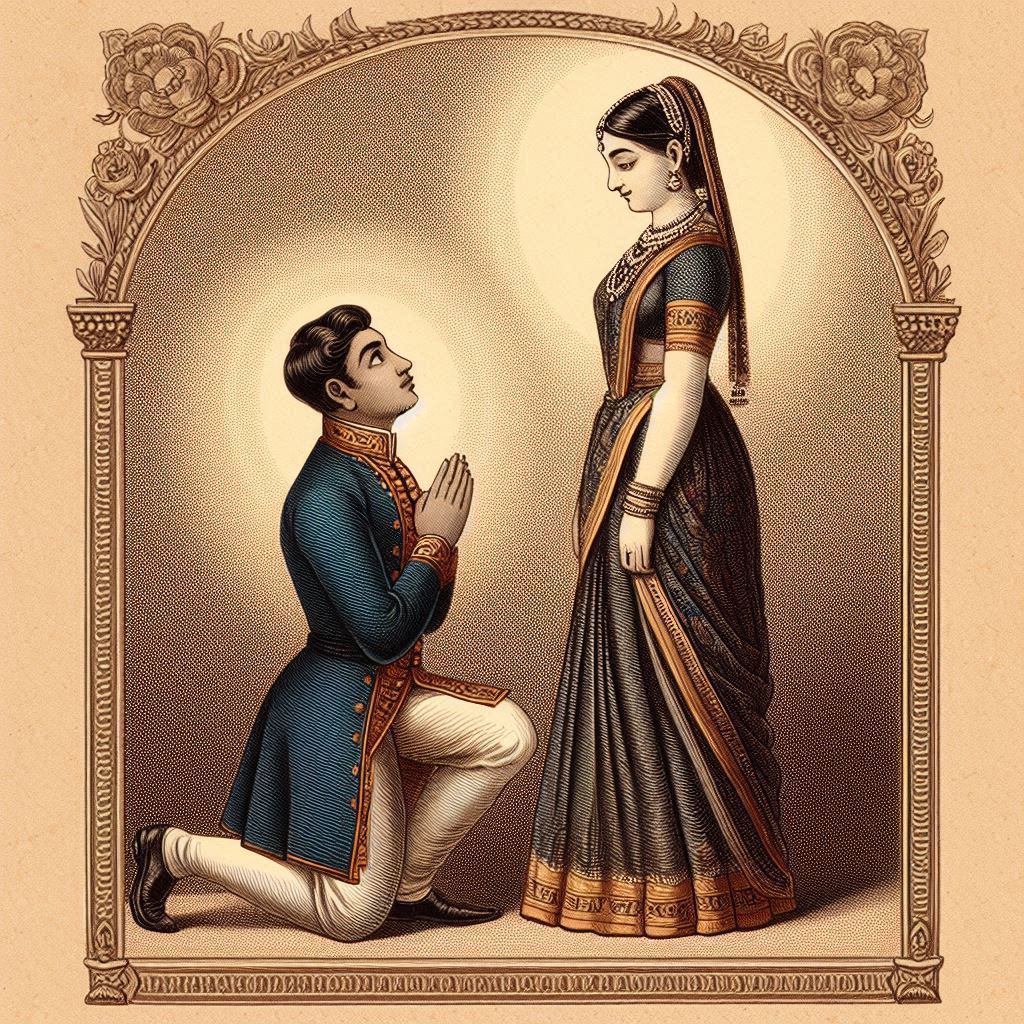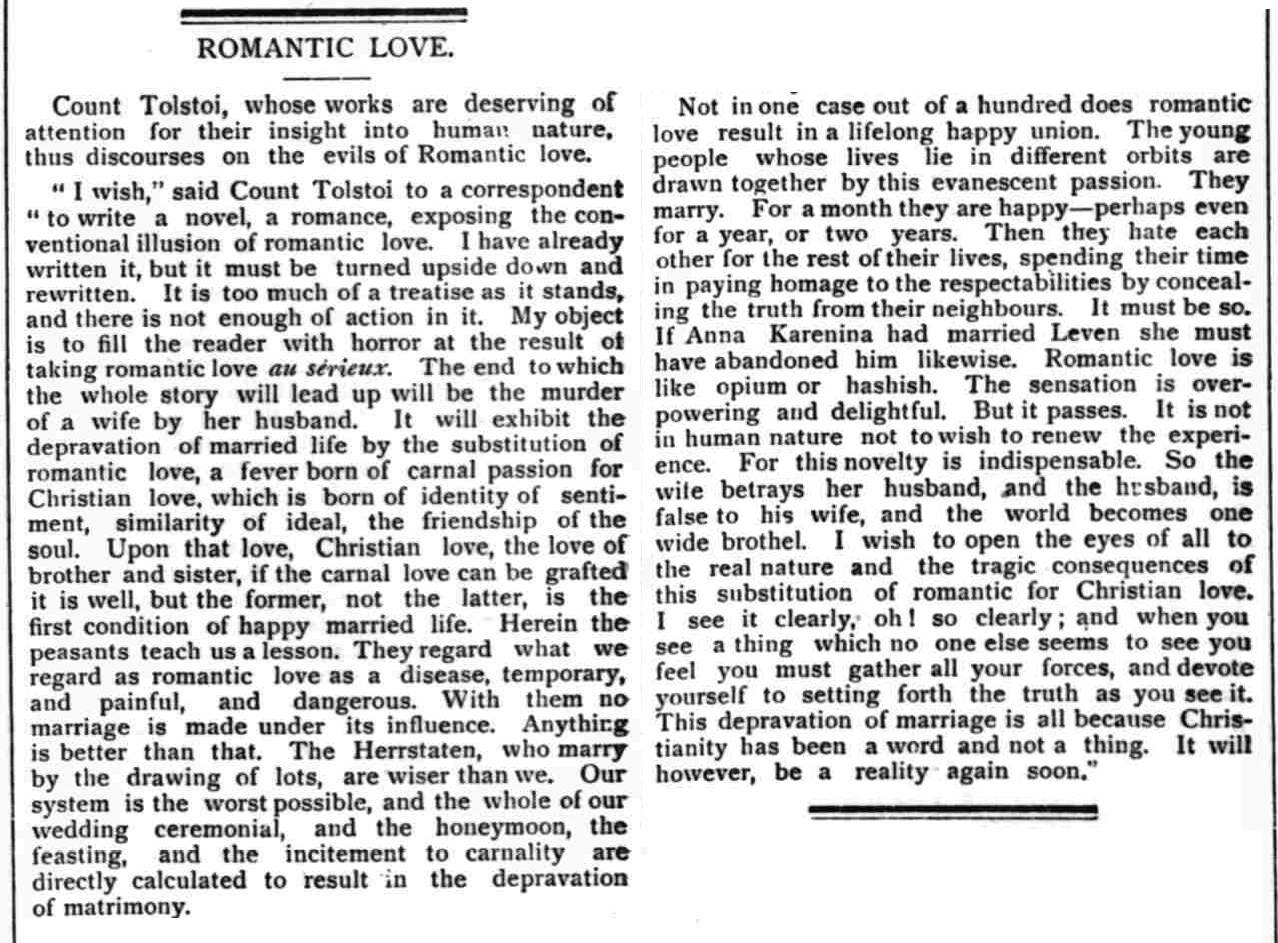E.B. Bax talks of first-wave feminists soliciting, expecting and receiving male chivalry for the benefit of women. His assessment below prefigures how “chivalry feminists” have continued to operate through second and third-wave feminism. Indeed it can be argued that feminism’s most effective source of agency has always been its reliance on male chivalry.

E.B. Bax quotes:
I decline to bow down before a sexual principle, or to admit the justice of granting privileges on the basis of a sex-sentiment. What I contended and still contend is that the bulk of the advocates of woman’s rights are simply working, not for equality, but for female ascendency. It is all very well to say they repudiate chivalry. They are ready enough to invoke it politically when they want to get a law passed in their favour – while socially, to my certain knowledge, many of them claim it as a right every whit as much as ordinary women.
Source: No Misogyny But True Equality in To-Day, October 1887, pp.115-121
_________________________
Notwithstanding the state of law, public opinion, and custom, the “shrieking sisterhood,” and their male lackeys continue to invoke male “chivalry” in defence of every usurpation or act of injustice perpetrated in the interest of female domination… In the early middle ages, when strength of arm was commonly called into requisition for defence, “chivalry” had a meaning; in the nineteenth century it has none, and is merely an excuse for the privileges and domination of the female sex. In fact, if “chivalry” means taking the side of the weaker, it would be shown more often to-day, in championing the cause of the man against the woman, than that of the woman against the man. Hegel said that every typical character appeared twice in history – once as tragedy and once as farce. If we apply this to the chivalric type, and take King Arthur or Sir Launcelot (regarded for the nonce as historical personages) as the embodiment of the former we may certainly find the latter in the person of the great cheap-jack of London journalism, and exponent of the sorrows of husband-hunting wenches. The drop is certainly great from the hero of the “City of Legions” to the “Northumbrian boy.”
[…]
In this great step toward real as opposed to sham equality between the sexes [we require] the repudiation by women themselves of the anachronistic notion of “Chivalry,” as being due to them from men. If we are to have equality and fellowship, let it be equality and fellowship, and not a hollow fraud masquerading under the name.
Source: Some Heterodox Notes on the Woman Question (1887)
_________________________
“THE justification for the whole movement of Modern Feminism in one of its main practical aspects – namely, the placing of the female sex in the position of privilege, advantage and immunity – is concentrated in the current conception of “chivalry.” It behoves us, therefore, to devote some consideration to the meaning and implication of this notion. Now this word chivalry is the dernier ressort of those at a loss for a justification of the modern privileging of women.
[…]
“It is plain then that chivalry as understood in the present day really spells sex privilege and sex favouritism pure and simple, and that any attempts to define the term on a larger basis, or to give it a colourable rationality founded on fact, are simply subterfuges, conscious or unconscious, on the part of those who put them forward.
[…]
“Every outrageous pretension of Sentimental Feminism can be justified by the appeal to chivalry, which amounts (to use the German expression) to an appeal from Pontius to Pilate. This Sentimental Feminism commonly called chivalry is sometimes impudently dubbed by its votaries, “manliness.” It will presumably continue in its practical effects until a sufficient minority of sensible men will have the moral courage to beard a Feminist public opinion and shed a little of this sort of “manliness.”
[…]
“Such is “chivalry” as understood to-day – the deprivation, the robbery from men of the most elementary personal rights in order to endow women with privileges at the expense of men.
[…]
But these considerations afford only one more illustration of the utter irrationality of the whole movement of Sentimental Feminism identified with the notion of “chivalry.” For the rest, we may find illustrations of this galore. A very flagrant case is that infamous “rule of the sea” which came so much into prominence at the time of the Titanic disaster. According to this preposterous “chivalric” Feminism, in the case of a ship foundering, it is the unwritten law of the seas, not that the passengers shall leave the ship and be rescued in their order as they come, but that the whole female portion shall have the right of being rescued before any man is allowed to leave the ship. Now this abominable piece of sex favouritism, on the face of it, cries aloud in its irrational injustice.
Source: Chapter-5 ‘The Chivalry Fake’ in The Fraud of Feminism, 1913
_________________________
“Chivalry, as understood by Modern Sentimental Feminism, means unlimited licence for women in their relations with men, and unlimited coercion for men in their relations with women. To men all duties and no rights, to women all rights and no duties, is the basic principle underlying Modern Feminism, Suffragism, and the bastard chivalry it is so fond of invoking. The most insistent female shrieker for equality between the sexes among Political Feminists, it is interesting to observe, will, in most cases, on occasion be found an equally insistent advocate of the claims of Sentimental Feminism, based on modern metamorphosed notions of chivalry. It never seems to strike anyone that the muscular weakness of woman has been forged by Modern Feminists into an abominable weapon of tyranny. Under cover of the notion of chivalry, as understood by Modern Feminism, Political and Sentimental Feminists alike would deprive men of the most elementary rights of self-defence against women and would exonerate the latter practically from all punishment for the most dastardly crimes against men. They know they can rely upon the support of the sentimental section of public opinion with some such parrot cry of’ “What! Hit a woman!”
Why not, if she molests you?
“Treat a woman in this way!” “Shame!” responds automatically the crowd of Sentimental Feminist idiots, oblivious of the fact that the real shame lies in their endorsement of an iniquitous sex privilege. If the same crowd were prepared to condemn any special form of punishment or mode of treatment as inhumane for both sexes alike, there would, of course, be nothing to be said. But it is not so. The most savage cruelty and vindictive animosity towards men leaves them comparatively cold, at most evoking a mild remonstrance as against the inflated manifestation of sentimental horror and frothy indignation produced by any slight hardship inflicted by way of punishment (let us say) on a female offender.”
[…]
“In the foregoing pages we have endeavoured to trace some of the leading strands of thought going to make up the Modern Feminist Movement. Sentimental Feminism clearly has its roots in sexual feeling, and in the tradition of chivalry, albeit the notion of chivalry has essentially changed in the course of its evolution. For the rest, Sentimental Feminism, with its double character of man-antipathy and woman-sympathy, as we see it to-day, has assumed the character of one of those psychopathic social phenomena which have so often recurred in history. It can only be explained, like the latter, as an hypnotic wave passing over society.
Source: Chapter 7: The Psychology of the Movement – The Fraud of Feminism (1913)
_________________________
Let women have the franchise by all means, provided two things, first of all: provided you can get rid of their present practical immunity from the operation of the criminal law for all offences committed against men and of the gallantry and shoddy chivalry that now hedges a woman in all relations of life.
Source: The “Monstrous Regiment” of Womanhood (1907), in Essays in Socialism New & Old (1907), pp.108-119.







